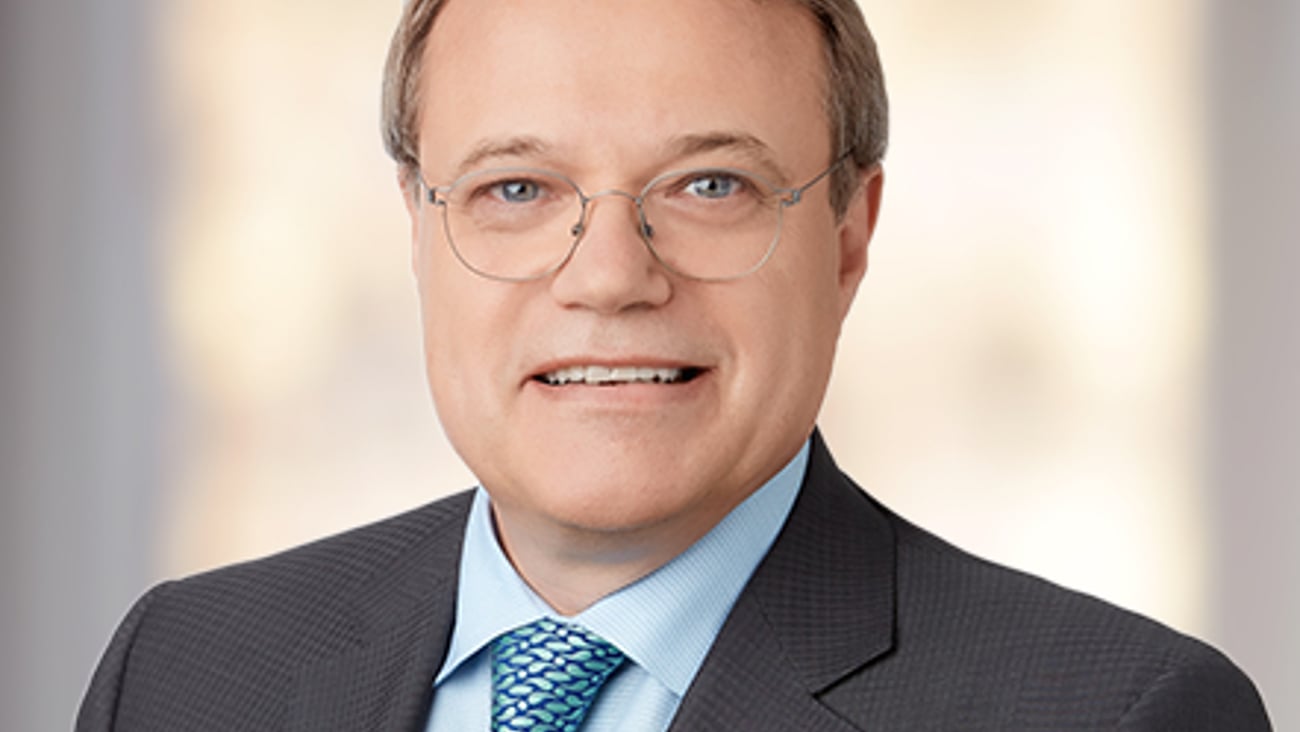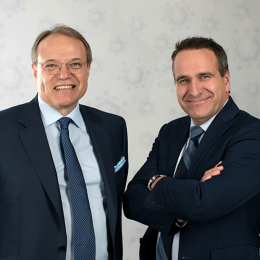Pharmacy family feud? Having tough conversations with the ones you love
There’s always an uncomfortable pause when we ask clients whether they talk to their kids about wealth.
Often, when the day children receive their inheritance “arrives,” the next generation is ill prepared to manage the type of wealth they inherit.
I hear lots of excuses for reasons parents avoid having conversations about inheritance, from “we will when they grow up” to anxiety over whether knowledge about inheritance will undermine a child’s work ethic. I find that parents’ predisposition to communicate with their family about family wealth exhibits a high correlation to subsequent financial disputes within the family. Incomplete or ineffective wealth communication typically lies at the heart.
Wealth tends to sneak up on you as you pay off your first pharmacy mortgage and the surpluses start. Learning how to live with wealth is in fact, a new skill that needs to be learned, just like you learned your professional skills. It takes time, but the time is well worth it especially in family-run pharmacy operations.
Interactive not didactic
Engage with your family and give them an opportunity to voice opinions and express concerns. Avoid treating a family discussion as a one-way lecture about the family legacy since that could send a negative message that their opinions and views are not valued. Expressing your wishes to your family is fair game, but don’t assume that your kids will buy in. Encourage them to ask questions, and listen to their concerns. You don’t necessarily have to agree with everything they say, but at least you’re listening!
When is the right time?
Some families we work with don’t have a problem talking to their kids about wealth, but they’re unsure about how or when they should initiate the conversation. Others welcome a hand in preparing and providing structure for a family meeting. There’s nothing wrong with an organized discussion, but most of the time, our knowledge of how wealth works (and how it affects our lives) happens spontaneously, as we navigate through life events that touch upon money and personal finance. Learn to make the most of these money moments. For example, a child’s wedding might be a good time to talk about transitioning wealth to the next generation. Similarly, the birth of a grandchild could be an excellent time to discuss wills and estate planning.
Keep an open mind
When it comes to transferring wealth from one generation to the other, you may have a firm view of what you want to accomplish. Carefully listen to your children as they may have ideas of their own. Taking a “my way or the highway” approach when it comes to passing on family assets could result in a recipe for resentment and hostility. The key word in family wealth is “family.” That means being open to feedback from family members and understanding that their ideas may differ from yours.
A steady hand
The frequency of family meetings is important. Adopting a “man, am I glad that’s over” mindset every five years is worthy of reconsideration. Treat family wealth communication with openness and be aware of the opportunity family dynamics present. Talk with well-seasoned wealth advisors who have walked in your shoes, so when the opportunity arises you’re prepared and confident to engage your family.
Ideally, the conversation should be organic – something that grows, develops and evolves over the years to adapt to changing financial and family circumstances. Much like building your pharmacy business, communication isn’t a 100-yard dash, it’s a marathon that requires a committed and methodical approach to succeed.


